Mothers with a Heart for Ethiopia is launching its first Closet Clean-Out Challenge!! From Oct. 1st to Nov. 14th, we encourage everyone to drop off their donations of gently used or new purses, jewelry and fashion scarves to either Eden Bella Boutique, The Magnolia Gallery, Maya Health Food Centre and Dutch Shop or Roberts & Co. Ladies Wear (Woodstock and Ingersoll) and receive a special discount when you donate 5 or more items! All donations will be used for our Gems and Java event on April 8th and 9th, 2016 at Cowan Park. Please Like and Share!! All proceeds from Gems and Java are directed to programs in Ethiopia. Thank you for making a difference in the lives of women and children in Ethiopia!

Gems and Java 2015 - Great Success!
We are absolutely thrilled and humbled to share with you that our 4th Gems & Java event raised $51,500.00!!! Our goal was $45,000.00 this year and because of our sponsors, silent auction and door prize donors, all who gave us gently used purses, jewellery and fashion scarves, our guests and very importantly our volunteers who gave hundreds of hours, we blew that goal out of the water. In 2014, we raised $35,000 at Gems & Java. Our 2015 total of $51,500 is almost 50% more than we raised last year.
What tremendous joy there is in helping others. We are very blessed to be able to bless the women and children in Ethiopia.
Thank you to everyone who contributed to this incredible achievement!!
Gems and Java 2015 - Sponsors
We hope everyone had a great time at our Gems and Java event this year! We have surpassed our goal, and could not have done it without these fantastic sponsors:
Major Sponsors: Green Financial Group Dave Otto Financial Group Inc. A.P. Hurley Construction Ltd.
Gems Level: Paninos Beantown Coffee Co. Leons – Woodstock – The Banghart Family Lawn Lions Property Maintenance Siskinds Law Firm – Doug Bryce, Partner Ingersoll Paper Box Nethercott Press Inc. Chocolate Barr's Candies
Java Level: Dr. Ken Craven Dr. Don Miettinen Shoppers Drug Mart – East & West end Magnolia Gallery Lloyd’s Electric DeJong Woodstock Telecom Lions Club Lakeview Naturopathic Clinic Nutri-Lawn
Thanks to all our sponsors!
Gems & Java Early Bird Tickets
Don't forget to take advantage of the Early Bird price break for the Gems & Java event coming up in April. Until March 7th, you can get a ticket to this amazing event for only $35.00 per person. After this date, the tickets go up to $40.00 per person. Also, don't forget you can call ahead and reserve a table of 8 for your own group. Tickets are selling fast so don't miss out! See our Events page for more details about Gems & Java.
Gems & Java 2015
Jewelry Lineup For Fall 2014
The Women of Ethiopia - Personal Journeys
Hi, my name is Tigst Tizazu I am 35 years old. I have lived in Korah my whole adult life and much of my childhood. I was brought to Korah by a sick uncle who was seeking treatment for Leprosy. Soon, I became sick too, and my family promised treatment, but it never happened. At a young age, I was sent to live and work as a servant for a family I didn’t know. The man of the household tried to rape me many, many times, but he was never successful. My dad came to visit me once while I was working for the family and I begged him to take me home and told him what the man was trying to do to me but he left me there. I now have a husband and three children, aged 14, 7 and 8 months. Before my work to make jewellery, I was a housewife, and I was also able to work at my child’s kindergarten for $250 birr a month ($15 Canadian). We often went without daily luxuries, and meat was only eaten on special occasions. There is a community bathroom where we live, but it is often locked, and the children often ask if we can move away. My husband has worked as a labourer, but now he works as a guard, and we make $1400/month birr. This pays rent, school, and buys us decent food My life was changed by kindness. Pastor Antenech brought me to KVI, and here I am allowed to bring my baby. I want nothing for myself, but I wish my children could attend a better school. I often keep them inside their home so they are not exposed to the bad behaviour of some children. I cry often when I think of my past, and I am so grateful for my work for Mothers with a Heart. I ask my Canadian sisters to please buy the jewelry we make. Just buying one piece helps me. Yes, you will be decorated and look beautiful, but just buying one helps us. 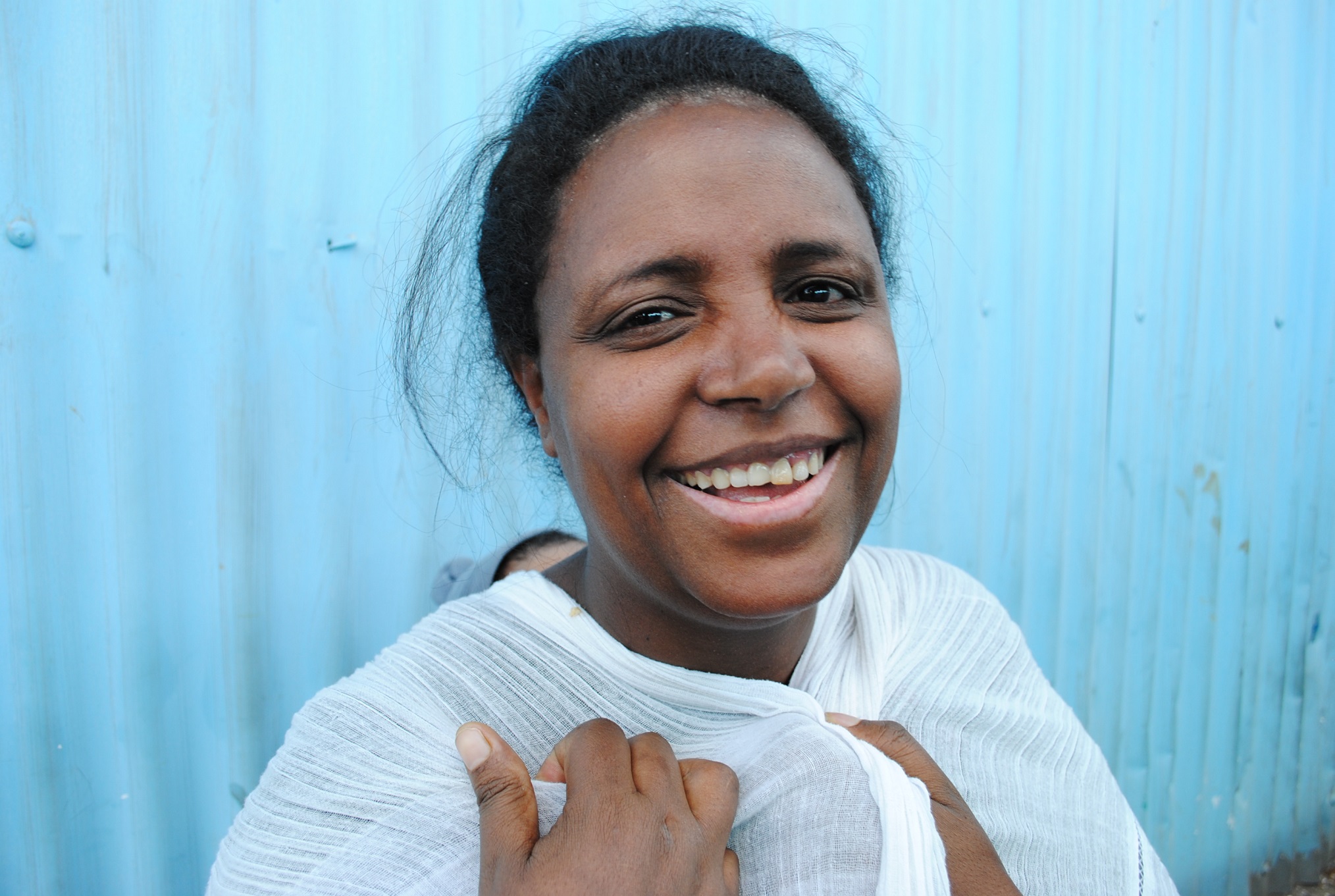 Hi, my name is Alem Kassa I am 38 years old. I lived in the countryside until I was 10 years old. I could not walk and needed medical treatment. My dad sold our grinding machine and sent me to Addis on my own to go to the hospital. My most joyous moment was walking for the first time after treatment. After leaving the hospital, I found the cheapest place I could to live in. I tried to find work in Addis, but I was struck by a hit and run car on the same leg that had been operated on and I was left lame again. I could not afford modern medical treatment, so traditional medicine and prayer were all I had. I had no money and no where to live. With my leg in a home-made brace , I had no other choice but to beg and live on the streets. I met a good friend on the streets who later became my husband. I was married at 16. He was a labourer. He died 8 years ago of HIV while I was pregnant with my little boy. I was left with three children who are now 19, 16, and 7. I was begging once again to support my family, up until 4 years ago when I started to work making jewelry. Since I began working, my life has changed in so many ways. I no longer go to the dump to dig for food, nor do I have to beg. My kids are now in school. We used to sleep on the floor with no blankets, but the whole family can fit into the one bed we now own. I don’t worry any more about my children starving — we have food every day. Unfortunately, after 19 years, our rent has increased to the point that we can no longer afford our home. The rent has changed from $35 birr ($2 Cdn) to $500 birr ($28 Cdn). To support the family, my eldest son has quit school and spends his day in the dump digging for things to sell. My dream is to own a business making food. I would support friends around me who lack, but I cannot at this time.
Hi, my name is Alem Kassa I am 38 years old. I lived in the countryside until I was 10 years old. I could not walk and needed medical treatment. My dad sold our grinding machine and sent me to Addis on my own to go to the hospital. My most joyous moment was walking for the first time after treatment. After leaving the hospital, I found the cheapest place I could to live in. I tried to find work in Addis, but I was struck by a hit and run car on the same leg that had been operated on and I was left lame again. I could not afford modern medical treatment, so traditional medicine and prayer were all I had. I had no money and no where to live. With my leg in a home-made brace , I had no other choice but to beg and live on the streets. I met a good friend on the streets who later became my husband. I was married at 16. He was a labourer. He died 8 years ago of HIV while I was pregnant with my little boy. I was left with three children who are now 19, 16, and 7. I was begging once again to support my family, up until 4 years ago when I started to work making jewelry. Since I began working, my life has changed in so many ways. I no longer go to the dump to dig for food, nor do I have to beg. My kids are now in school. We used to sleep on the floor with no blankets, but the whole family can fit into the one bed we now own. I don’t worry any more about my children starving — we have food every day. Unfortunately, after 19 years, our rent has increased to the point that we can no longer afford our home. The rent has changed from $35 birr ($2 Cdn) to $500 birr ($28 Cdn). To support the family, my eldest son has quit school and spends his day in the dump digging for things to sell. My dream is to own a business making food. I would support friends around me who lack, but I cannot at this time. 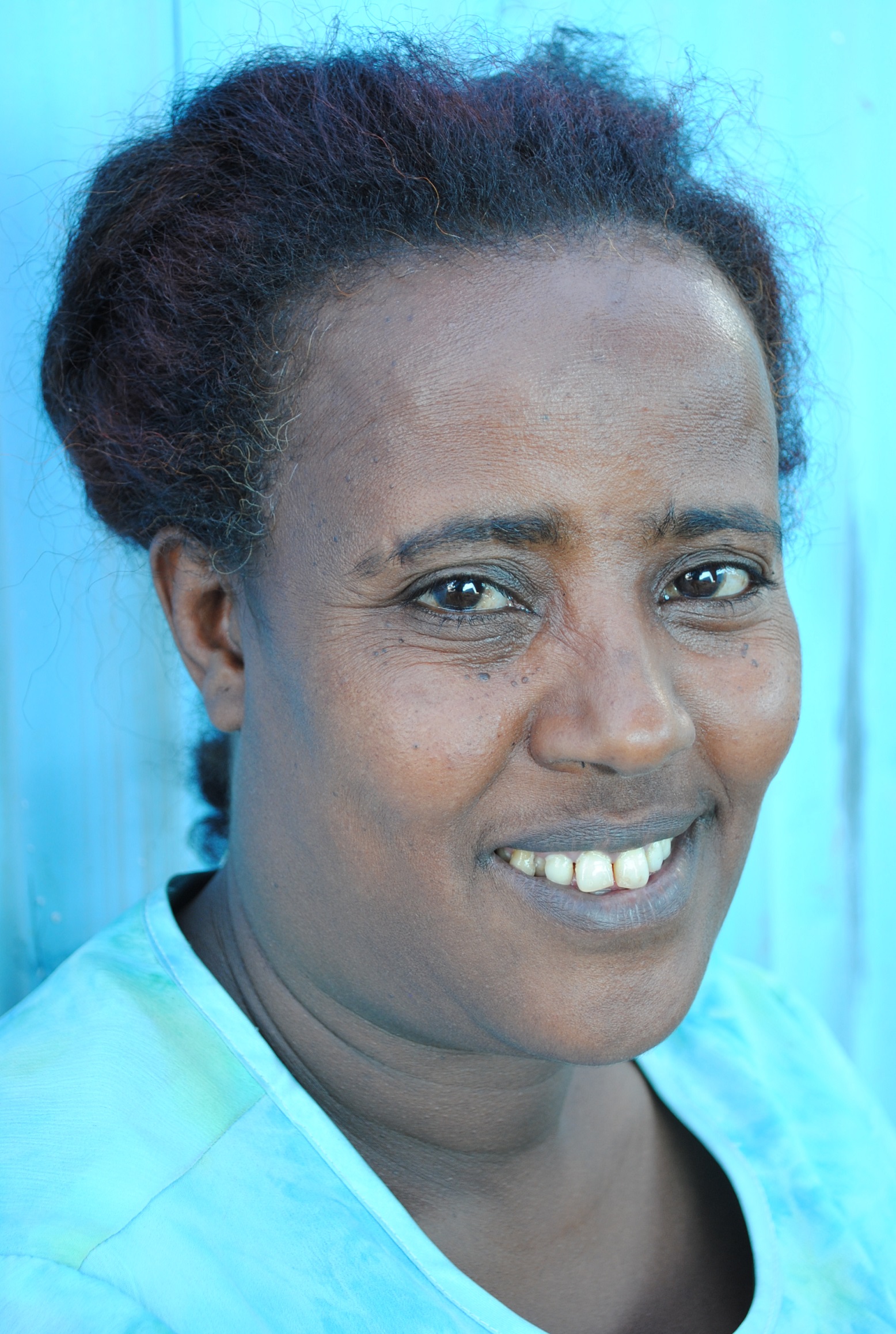
Hi, my name is Etenesh Wend.mu I am 40 years old. I came to Korah 6 years ago from Jimah on a bus with my husband and 4 children to try to find housing. My first husband died of HIV in 1996. In order to support my children, I married another man who I had 3 children with. When I was pregnant with his third child, I found out he was married and his wife took him to court. He left me with 7 children and returned to his wife. I made a shelter out of a tarp and we lived under that for 5 months. I would huddle my children together, cover them with my clothes, and sleep nearly atop them to keep them warm. I had no choice but to send five of my 7 children to live with other people to work in their homes. I had no money and no way to feed my children. A friend told me to trust God and He would provide. She told me to gather my 5 children who were working in other’s homes. Her church led me to this job and now three of my children are sponsored to go to boarding school and one of my daughter’s receives a sponsored lunch each day at the church. I used to have to beg for food, and often missed paying rent, but now I make about $45 Cdn. I also wash cloths for part time work to make extra money. This past year after Mission Ethiopia closed, I was very sick with a hernia and lung problems. When a volunteer medical team visited Korah, my children cried and begged for medical help for me. Tabitha was a part of the team and when she returned to the USA, she followed up to provide the money ($450 Cdn) to pay for my hernia surgery. She didn’t know me, we are from different parts of the world but she helped me and changed my life. I wish for a house and protection for my children. I hope to some day have my own business and I will work hard for that. I ask the Canadian women to pray for us, as we pray for them. I give my love to you all. I hope you can come and visit us some day. 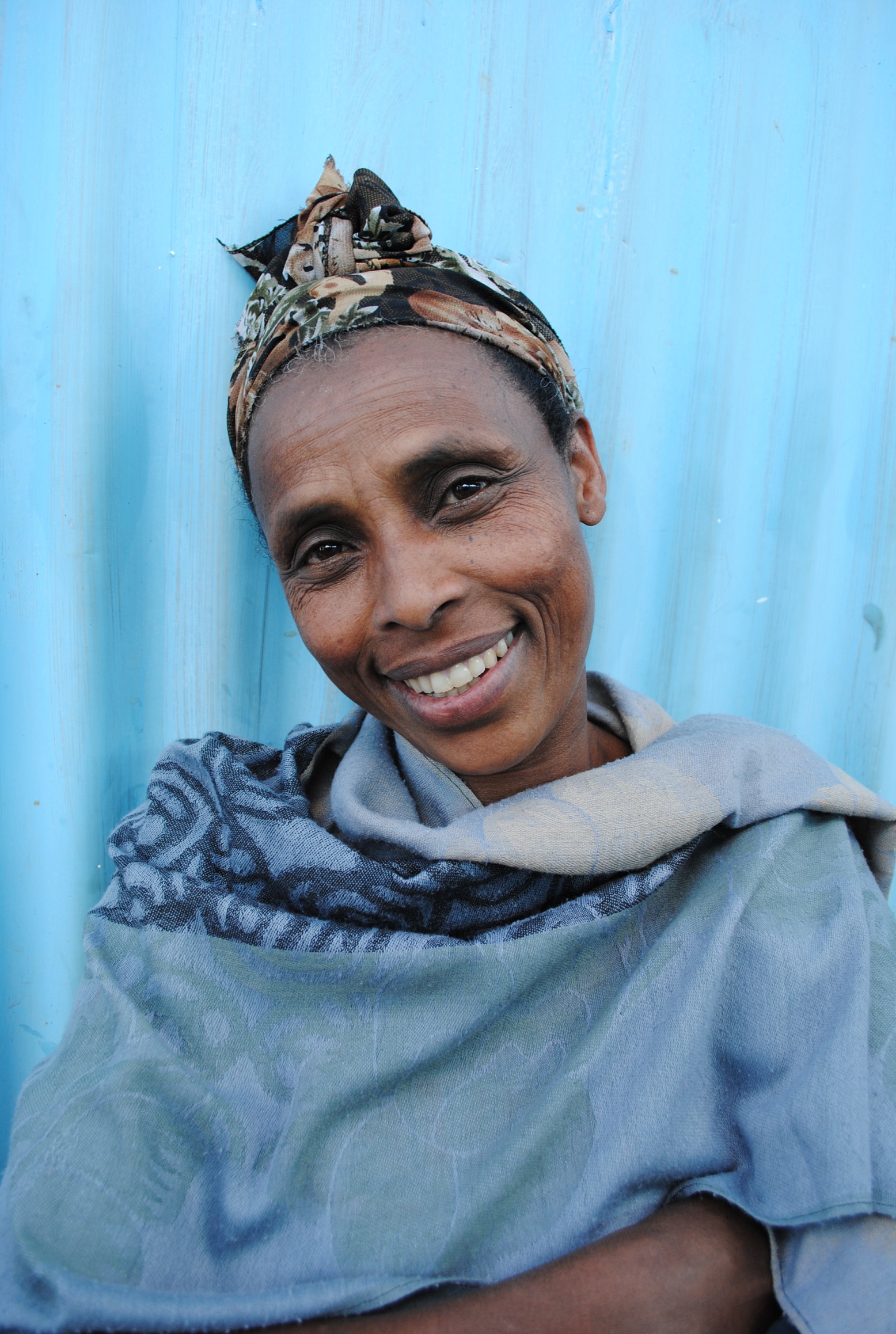
Ethiopia 2014 - Oct 7 Entry
Tuesday, October 7, 2014It was a very early morning departure for our family road trip and vacation to Wolayta and then to Hawassa. It was still dark when we set out and the roads were almost clear of cars, people and animals. None of the boys or Mulu had been to Wolayta and one of our boys commented that he didn’t realize Ethiopia was this big. We all noticed and took in the incredible beauty of the nature around us. The hills, the different colours of soil along our route, the lush false banana plant and hundreds and hundreds of acacia trees were just some of the features of this beautiful country we marveled at as we drove. The closer we got to Wolayta, the greener and lusher the vegetation was. There were so many scenes that really took my breath away. Gecho, the boys and Mulu heard so many times “isn’t that beautiful?. For Gecho and the rest of our group, this was a reprieve, a respite from the intense traffic, pollution and population of Addis. Along the way, we passed by many smaller towns and villages and saw the living conditions of the people. Many, many children were out working, gathering water and carrying it home when it would have been time for them to go to school. We also saw a group of people carrying a person totally covered with a blanket on a stretcher made of wood. Gecho explained to me that this group of people were carrying a sick person to probably a traditional doctor (meaning they have not been trained in medicine but practice the traditional ways of their ancestors to try and make people well). There was a number of people in the group who would take turns carrying their friend/family member. Gecho told me that the government in Ethiopia has invested in a lot of ambulances more recently which is a change from the last time we were here in 2013. I remember not seeing one ambulance while we were here the first time in 2010 and then again in 2013. On this trip, I have seen ambulances probably 8 times. A bajaj is a small local taxis that is basically a covered three wheeler. In the remote areas of Ethiopia, the ambulances are bajajs. When you travel in to the more rural areas of Wolayta, you quickly realize that if you were sick, it would be hours before you would reach medical care in a car and by foot, being carried by friends and family, it could take a day or more. The vast majority (my guess would be that over 90% of the population) of people in Ethiopia do not have vehicles and rely on donkeys to pull their goods for sale, wood, water, and other essentials of life. The donkeys and horses also pull people in carts. Many, many people walk for hours to get to their destination and sometimes you see people walking in bare feet (especially the children). In our country, we take water for granted. We have clean water to drink, clean water to shower and bathe in and clean water to clean our cloths. In most areas of Ethiopia, there is no infrastructure for running water and people wash their cloths in water that has gathered in low lying land or in the rivers. People often have to walk long distances to get unclean water to cook with and drink. There is no tap to turn on to get a drink of water, there is no shower to get cleaned and cool off or warm up in most areas of this country. For many areas of our world, clean water is not available and millions of people get sick every year. One of the goals of my trip is to investigate other potential partners here in Ethiopia. Our board of directors are very interested in the area of Wolayta because it is underserved. We arrived in to Soddo (the largest city in Wolayta) in the afternoon and met with the two directors of the organization called Busajo. This organization has developed a stepped program for boys living on the streets in Soddo with the ultimate goal of family reunification whenever possible. One of their staff used to live on the streets himself as a child until early adulthood and understands completely the many family situations that force children to live on the streets. He also understands the realities of what it is like to survive on the streets. We spent many hours with the two staff and talking with the children in their program. The teacher for their program has a psychology degree and once was a boy in the Busajo program. The dedication of these two directors and their compassion and passion for children living on the streets was clearly evident to all of us. Our boys were welcomed to ask questions of the directors and of the children in the program and we later talked about their thoughts. Our boys were very impressed with the program and so was I. Thank you Busajo and Marcella for your dedication, commitment and your personal sacrifices to show love and compassion to children who have felt cast aside, forgotten and disliked by the people of their country.
Ethiopia 2014 - Oct 6 Entry
October 6, 2014 First thing we accomplished was to ask Tilahun’s principal for permission for him to travel to Wolayta from Tuesday until Sunday. When we left the office (after getting the okay from the principal), Tilahun sighed a big sigh of relief in my ear and later told me that he had been nervous to ask the principal. Tilahun and three of the other four boys attend private school and one of the other boys attends college. We drove to Korah to visit the women who make our jewelry. On the way, I noticed again how driving in Ethiopia is really a well-developed skill. Gecho is an incredible driver and is constantly navigating around goats, cows, dogs, donkeys, horses, people (lots and lots of people) and difficult road conditions. There is only one traffic light in the whole of Addis Ababa. There is the occasional traffic director but for the most part, the drivers use a system of hand gestures, body language and their horns to communicate.
Ethiopia has the second largest population in Africa (second to Nigeria) with reports of 91 million people. Approximately 80% of the population lives rurally. The volume of people and animals in the capital city is unbelievable to a Canadian. Everywhere you look in the capital city there are people. Children, women, women and their children and men live on the streets and beg or find ways of surviving. In a very short time, I saw old people, the disabled, young women with babies in their arms and children as young as five living on the streets.
Imagine how vulnerable these people are (especially women and children) when they have no shelter, no protection, no means to provide the basics of life for themselves. Many young girls and women are raped while they are living on the streets and pregnancies result from these rapes. For the women who have children, they then have a child to care for and protect while living on the streets. I saw an older woman begging on the streets with no shoes on. You could clearly see toes missing and the ends of her fingers gone due to leprosy. I saw men and women who clearly had some form of mental illness wrapped up in big blankets and very young children with no shoes, rags for cloths and sitting together with other children who were living on the streets.
I don’t think there will ever come a time, no matter how many times I travel in Ethiopia that I will ever be used to seeing such abject poverty. I think of the value we put on children and human life in our country and know that if anyone saw a child of 5 walking on their own, we would be calling the police to make sure this child was reunited with her/his family and was safe.
Arriving at the workplace of the women in Korah, I quickly saw faces we saw in June of 2013 when I was last in Ethiopia. The women were all working on our order and expressed their gratitude for our support. I saw Casa, a man who has no fingers due to leprosy and yet he is able to make mats beautifully. Korah is the poorest community within the capital city of Addis Ababa and is populated by orphans, men and women with leprosy, the physically and mentally disabled, widows, the elderly and individuals who have HIV/AIDS. Korah borders a dump and many people living in Korah go to the dump daily to look for food or anything they can sell.
Through our jewelry sales, we are trying to make a difference in the lives of the women and their children. 90% of the women who make our jewelry had never been formally employed before. They tried to support themselves and their children through begging, going through the trash dump and selling what they could from what they found. Buying the jewelry we bring to Canada is a way Canadians can help make a difference here in Ethiopia.
When I arrived back at the guest house, a very young girl came with her little wooden tray and things to sell. When we asked her if she went to school she said no because she was working to support the family. This beautiful little girl is probably no older than 7.
Ethiopia 2014 Oct 5 Entry
 October 5, 2014After a great deal of work and effort on the part of our volunteers and generosity of our donors, I am in Ethiopia ready to see and hear about the work our funds have been able to accomplish.
Many people have asked me if I am afraid to travel to Ethiopia on my own and I have said each time, “once I am in Ethiopia, I am not alone. I will be surrounded by people who love me and care about me”. At the airport, I came through the doors where there was a crowd waiting for travelers to arrive to find my sponsored son Tilahun, Gecho (my friend, one of our organization’s volunteers), Mulu, the group home mom, and the other four boys waiting. Yabsira presented me with red roses and there were many hugs.
It felt great to be with Tilahun and Gecho again and to know that I was going to be getting to know four other special boys and Mulu. I have known since coming to Ethiopia in June of 2013 that Mulu was like an angel to children living in Korah. My son told me that when he had nowhere to go on a holiday, he could go to Mulu’s and she would give him coffee and popcorn and make him feel special. Mulu had already taken in two boys who did not have families and was raising them as her own even though she made very, very little money herself. For me, Mulu truly exemplifies love in action.
Mulu is a woman of very strong and deep faith in Jesus and knows the scriptures very well. All of the boys in the group home are also strong believers and she has helped them to grow in their faith and in their knowledge of Jesus.
One of the first things we did when I arrived was go to their church. I was profoundly impressed by the children who went up to the front of the church to speak in to the microphone the scripture they had memorized. Some of the children were no more than 5 years old.
I saw the group home house for the first time and realized the boys and Mulu were very happy with what they have. The home will sleep up to 7 people with a living room, washroom, very small outdoor courtyard and an indoor and outdoor kitchen (this is very common in Ethiopia).
Being in the country again, I was reminded immediately of the impact of poverty. The sights and sounds are constant reminders of why our organization is working hard to try and make a difference in the lives of women and children.
October 5, 2014After a great deal of work and effort on the part of our volunteers and generosity of our donors, I am in Ethiopia ready to see and hear about the work our funds have been able to accomplish.
Many people have asked me if I am afraid to travel to Ethiopia on my own and I have said each time, “once I am in Ethiopia, I am not alone. I will be surrounded by people who love me and care about me”. At the airport, I came through the doors where there was a crowd waiting for travelers to arrive to find my sponsored son Tilahun, Gecho (my friend, one of our organization’s volunteers), Mulu, the group home mom, and the other four boys waiting. Yabsira presented me with red roses and there were many hugs.
It felt great to be with Tilahun and Gecho again and to know that I was going to be getting to know four other special boys and Mulu. I have known since coming to Ethiopia in June of 2013 that Mulu was like an angel to children living in Korah. My son told me that when he had nowhere to go on a holiday, he could go to Mulu’s and she would give him coffee and popcorn and make him feel special. Mulu had already taken in two boys who did not have families and was raising them as her own even though she made very, very little money herself. For me, Mulu truly exemplifies love in action.
Mulu is a woman of very strong and deep faith in Jesus and knows the scriptures very well. All of the boys in the group home are also strong believers and she has helped them to grow in their faith and in their knowledge of Jesus.
One of the first things we did when I arrived was go to their church. I was profoundly impressed by the children who went up to the front of the church to speak in to the microphone the scripture they had memorized. Some of the children were no more than 5 years old.
I saw the group home house for the first time and realized the boys and Mulu were very happy with what they have. The home will sleep up to 7 people with a living room, washroom, very small outdoor courtyard and an indoor and outdoor kitchen (this is very common in Ethiopia).
Being in the country again, I was reminded immediately of the impact of poverty. The sights and sounds are constant reminders of why our organization is working hard to try and make a difference in the lives of women and children.



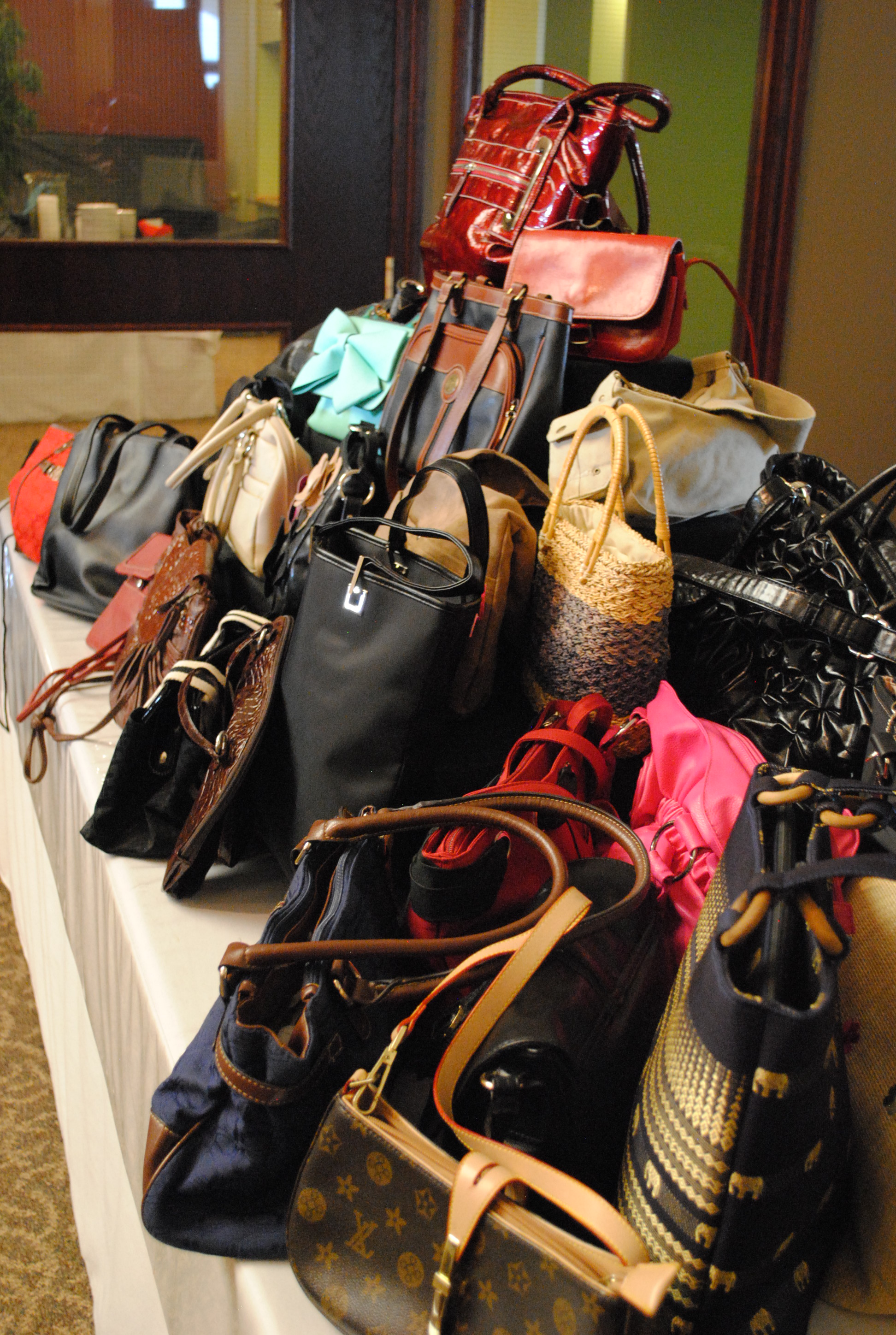







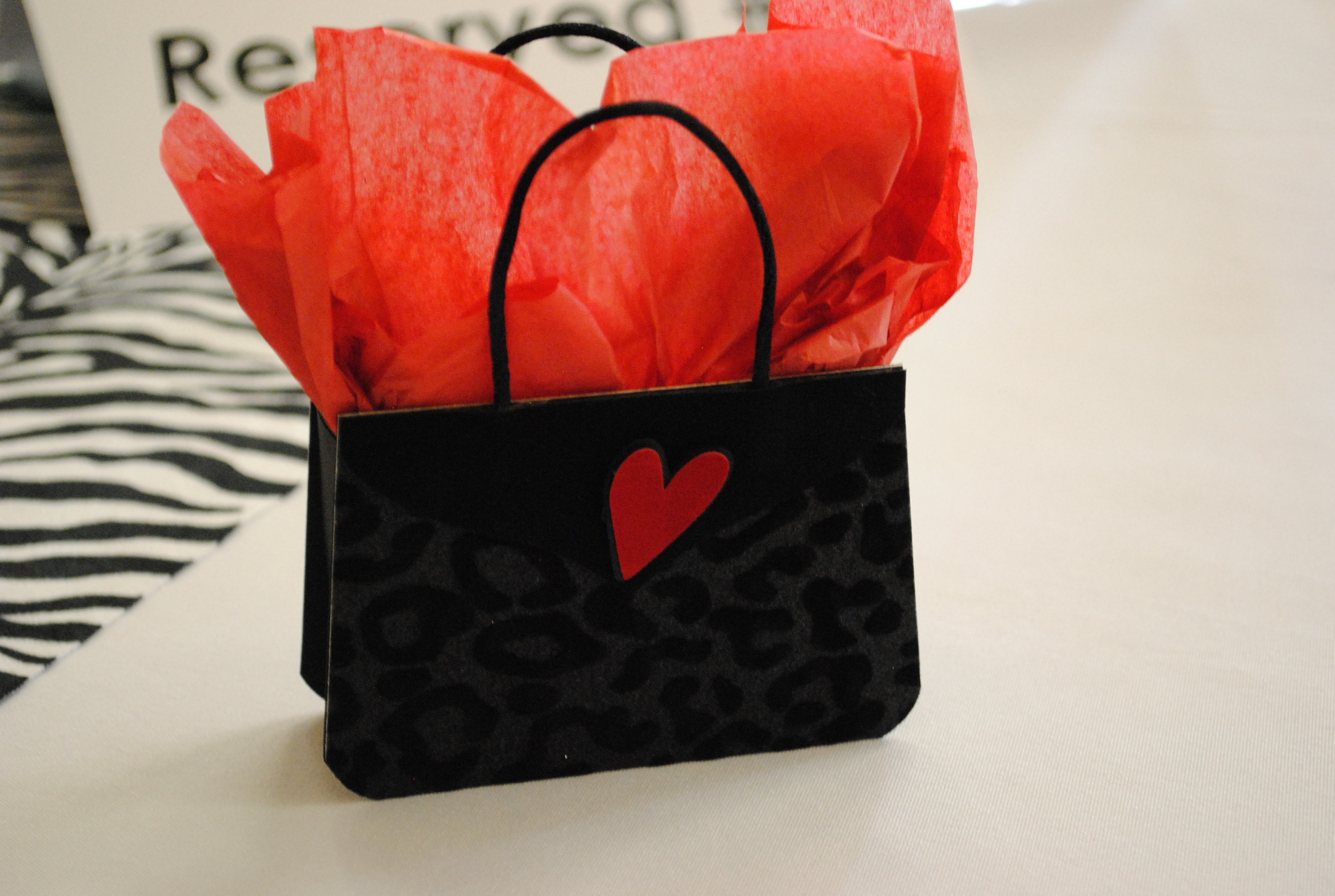



![Paninos [Converted]](http://static1.squarespace.com/static/5762b590e4fcb59bdd83f5a8/578eddd15149bf5948afb7cd/578edde35149bf5948afb935/1468980707938/paninos-converted.jpg?format=original)
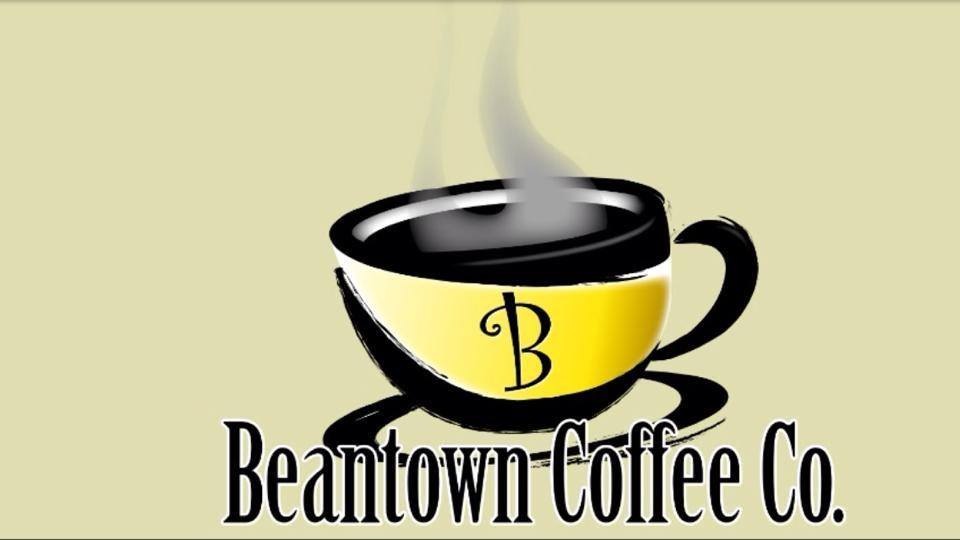




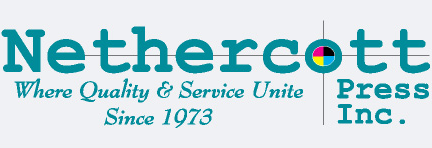









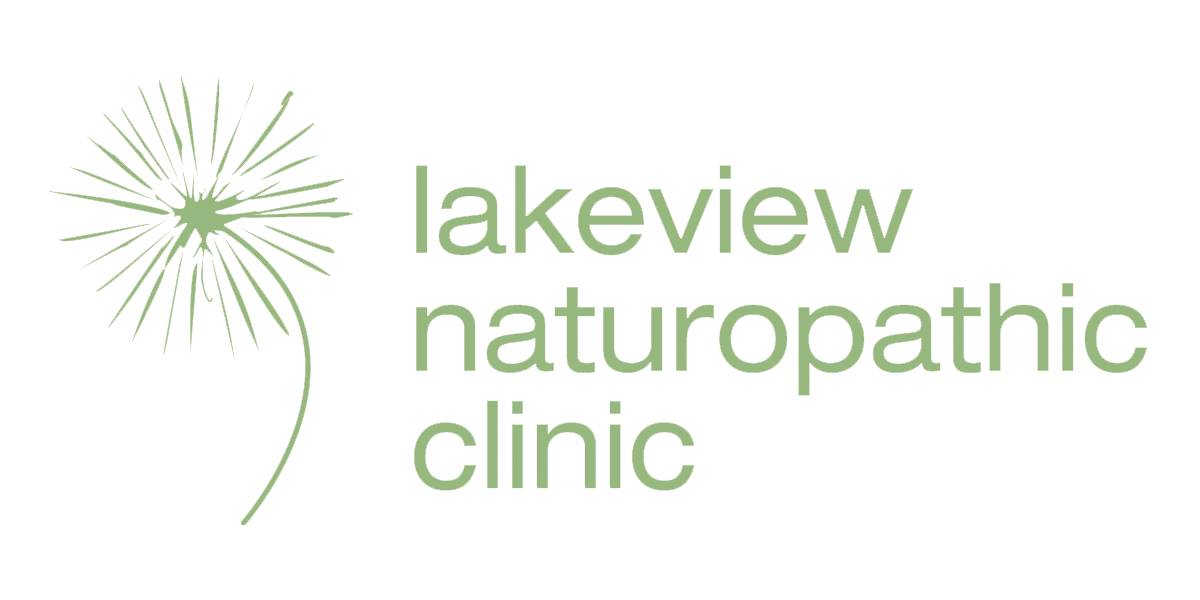

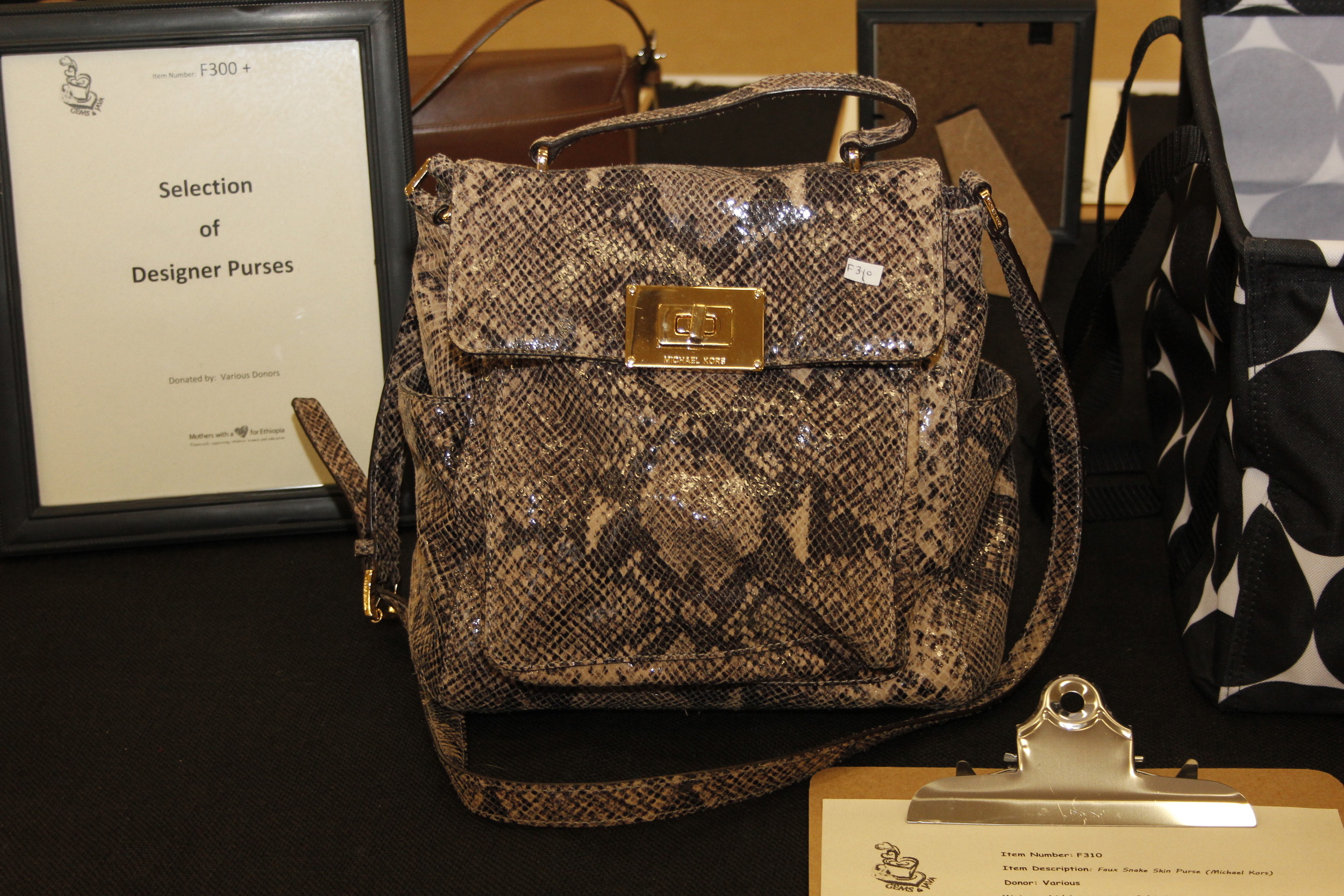
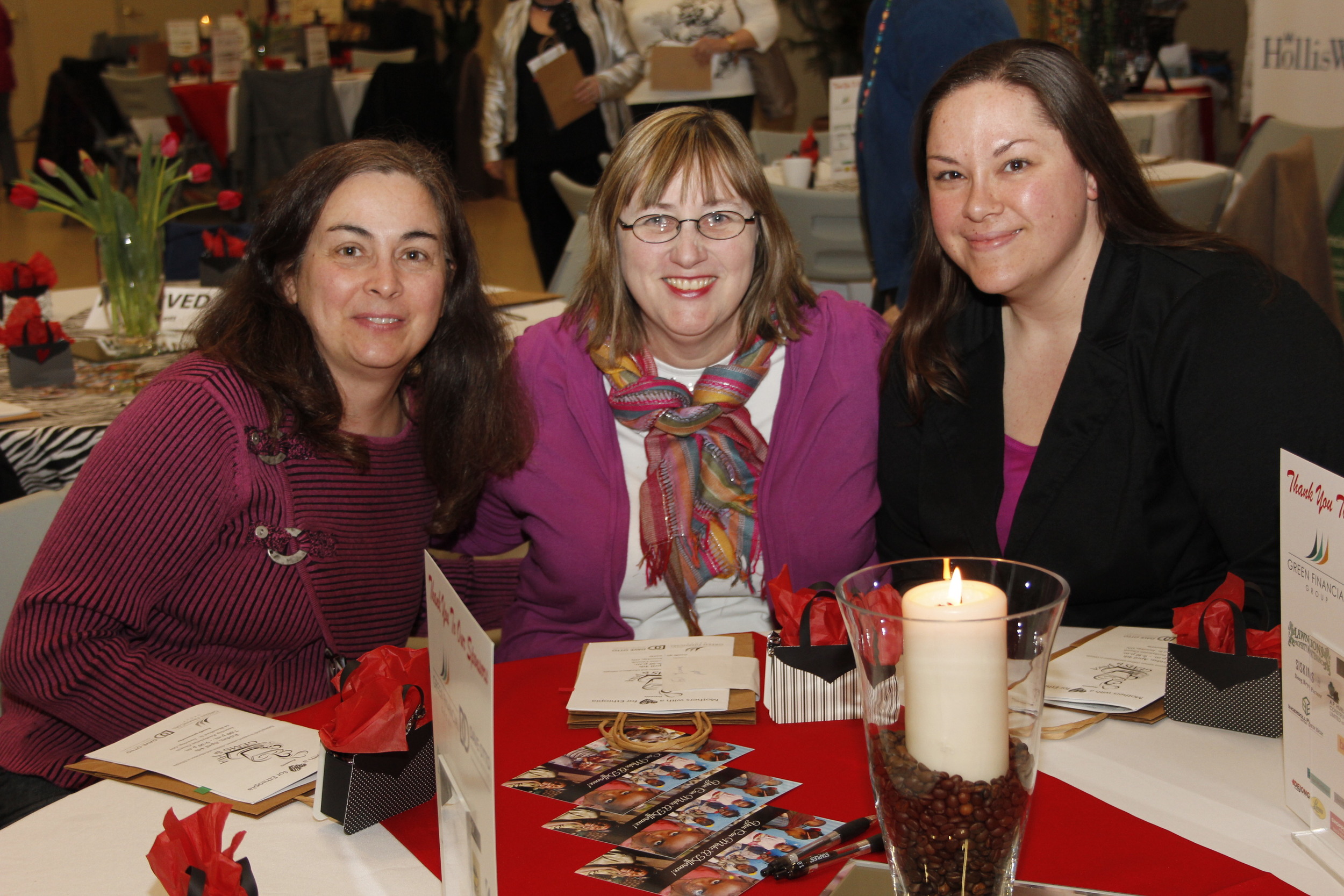
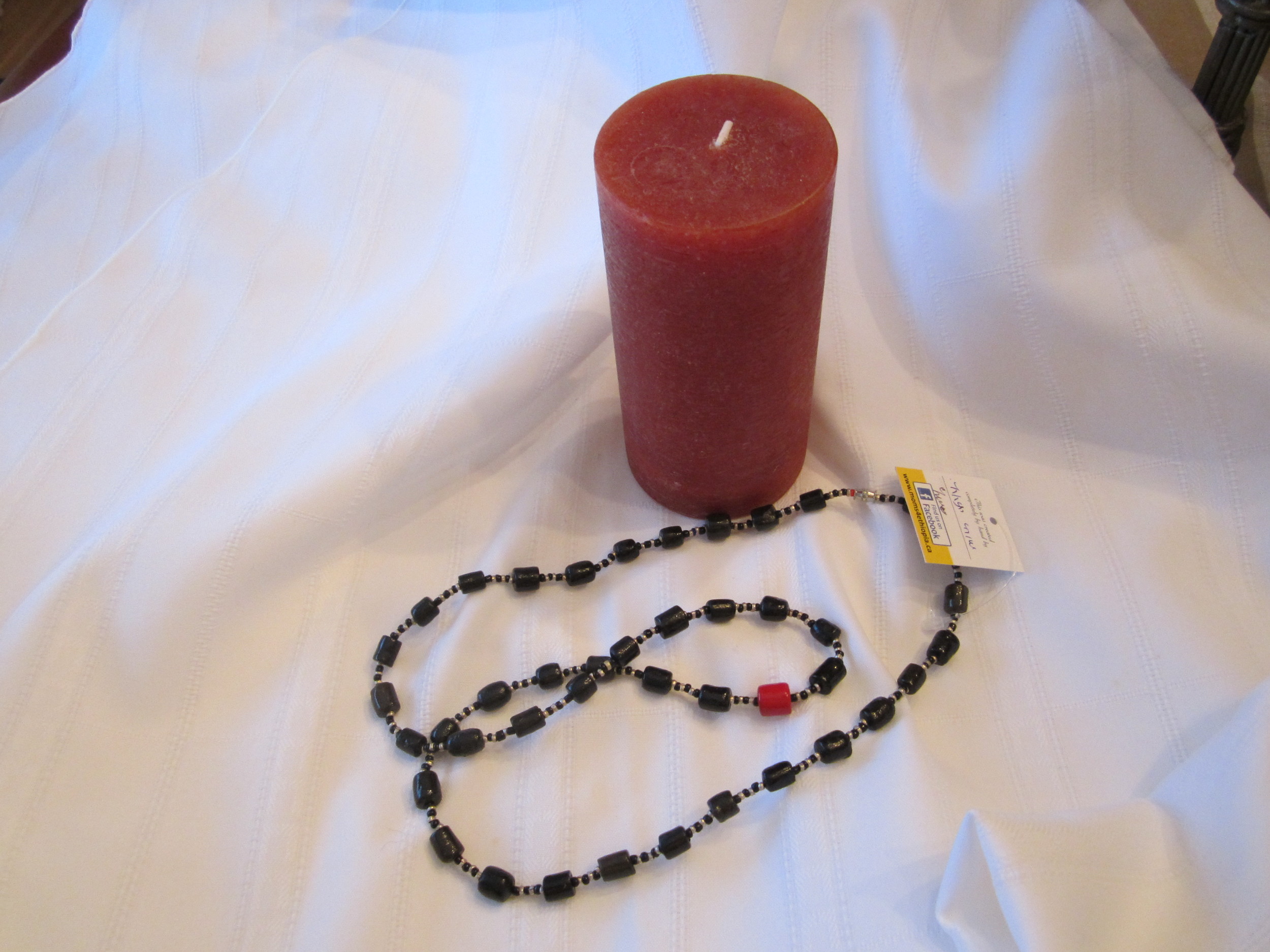
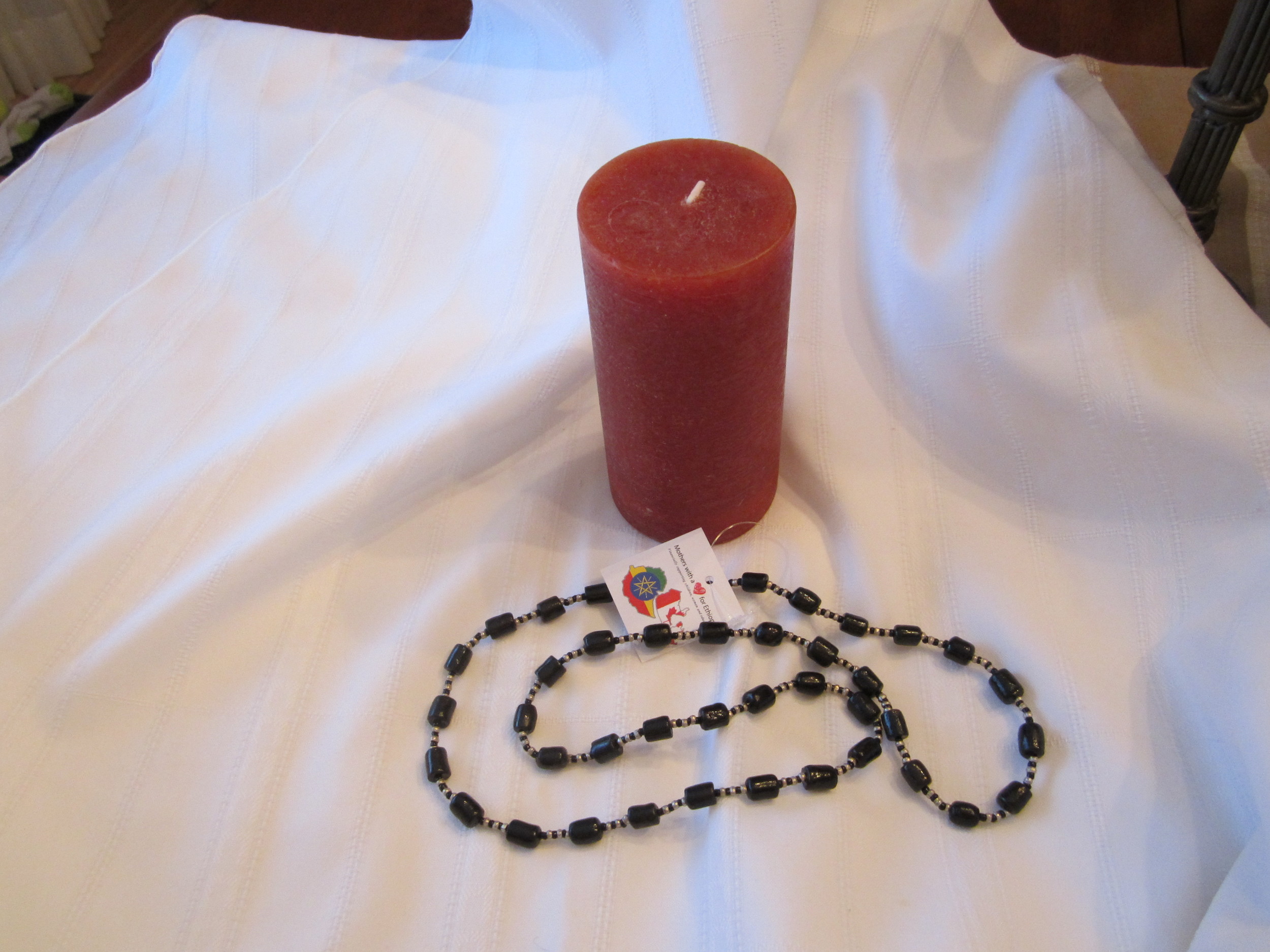




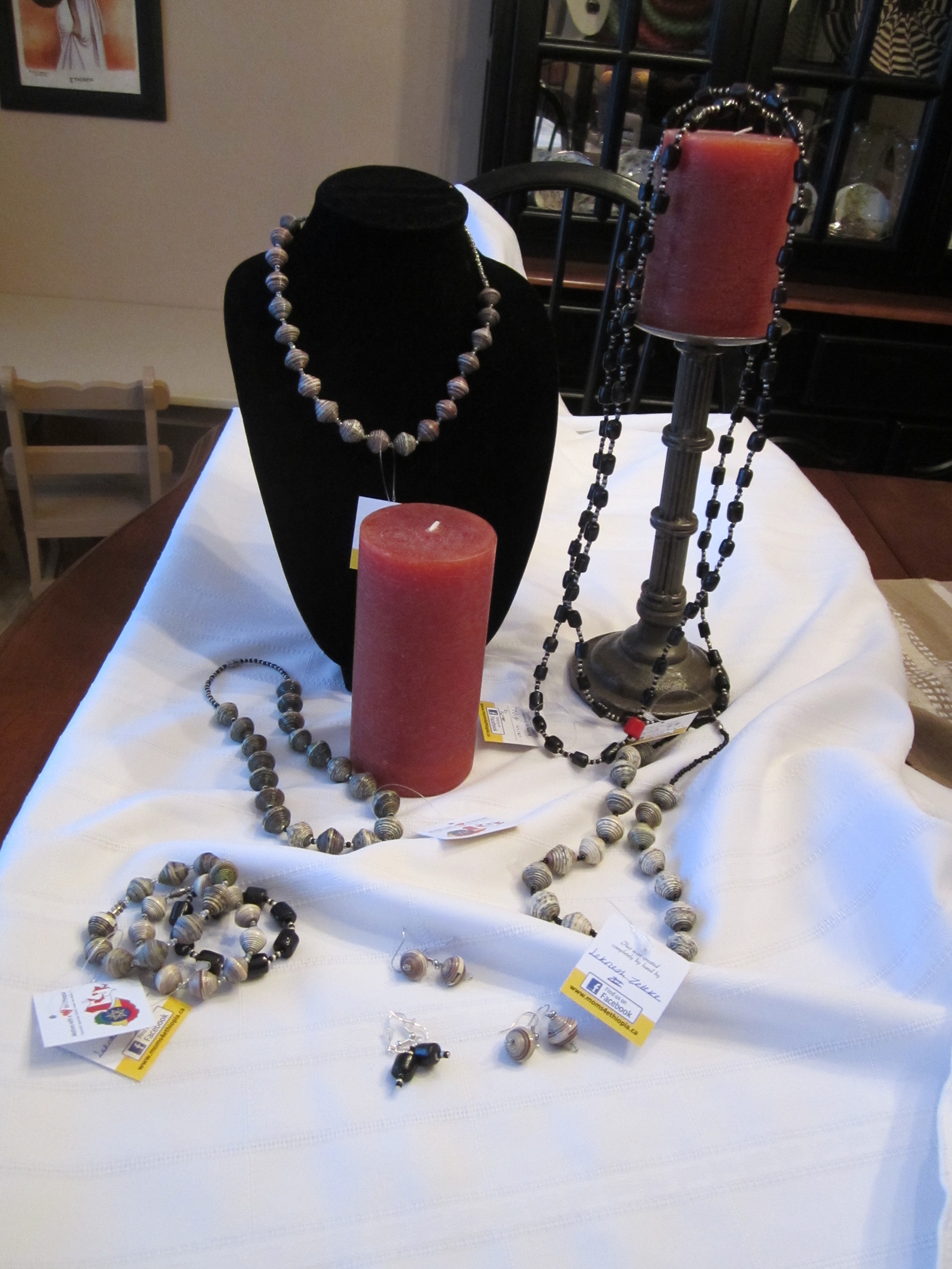
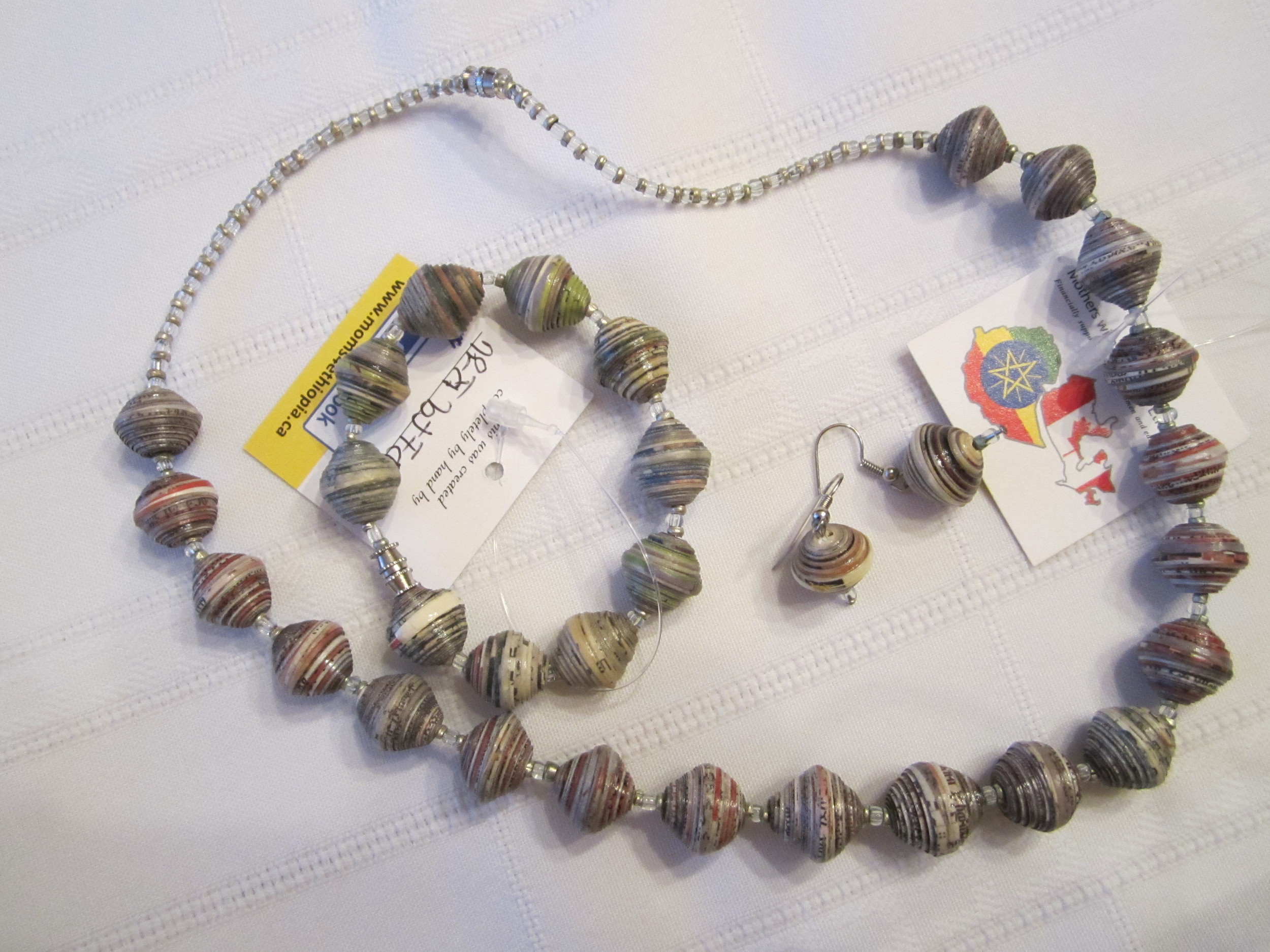


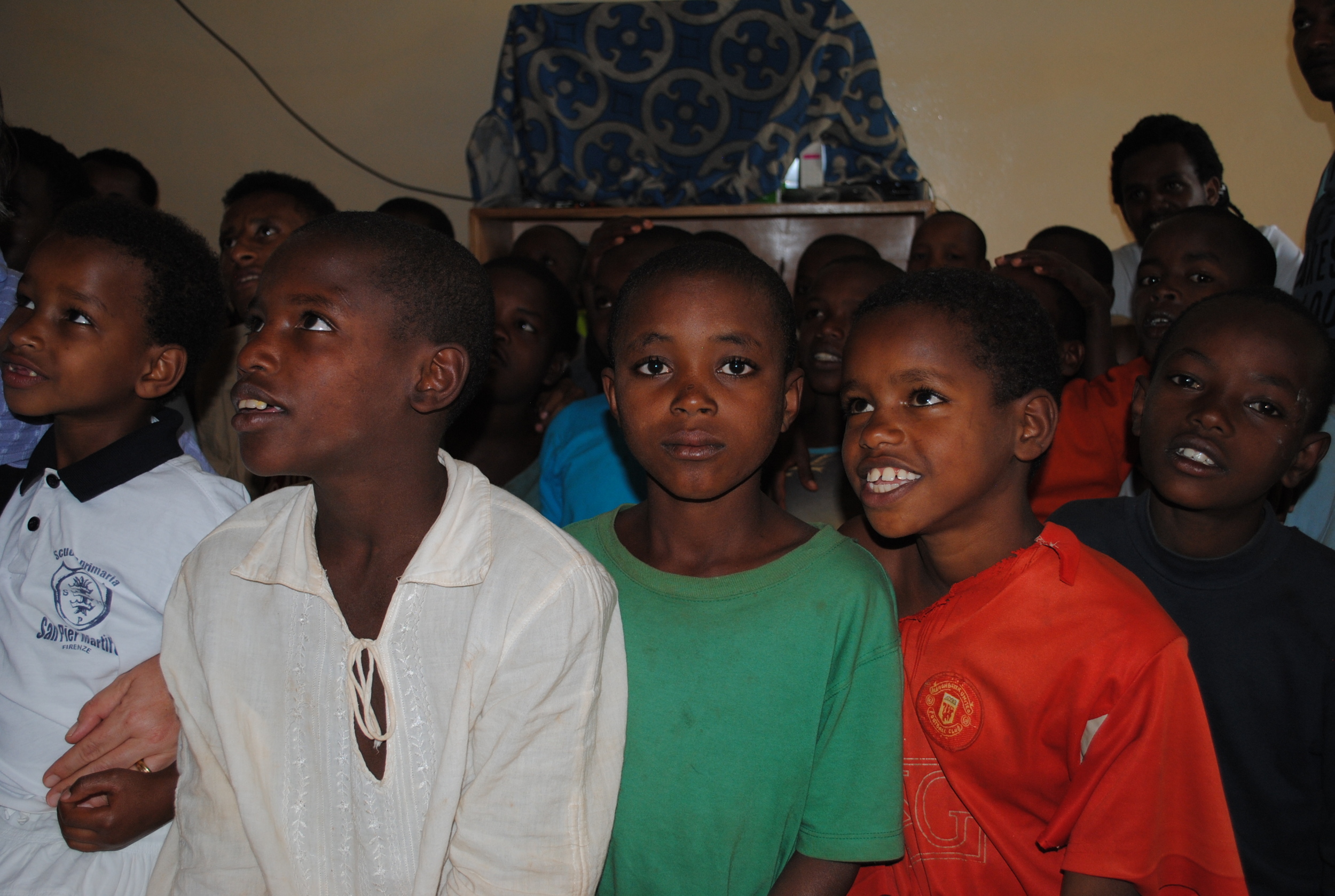
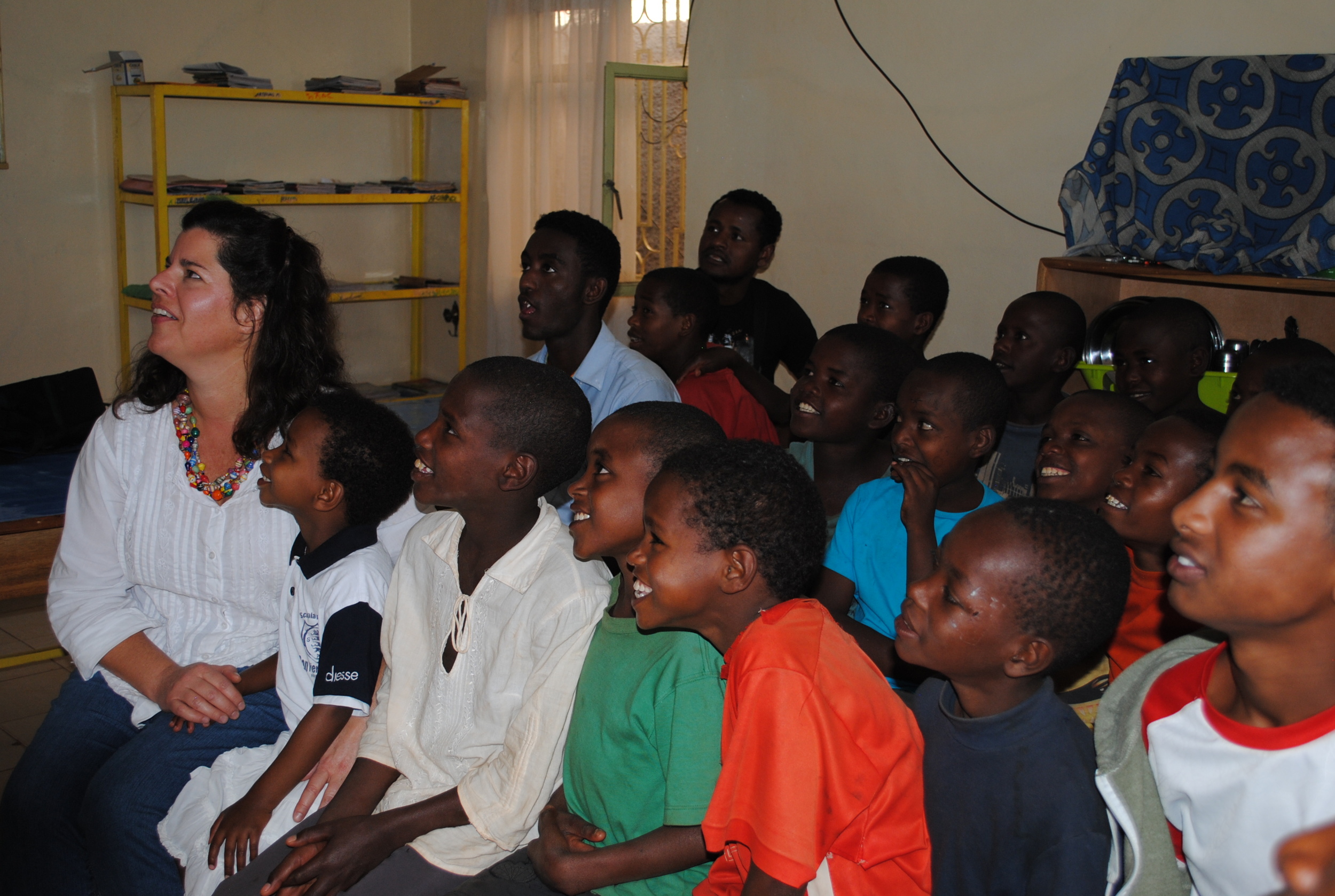
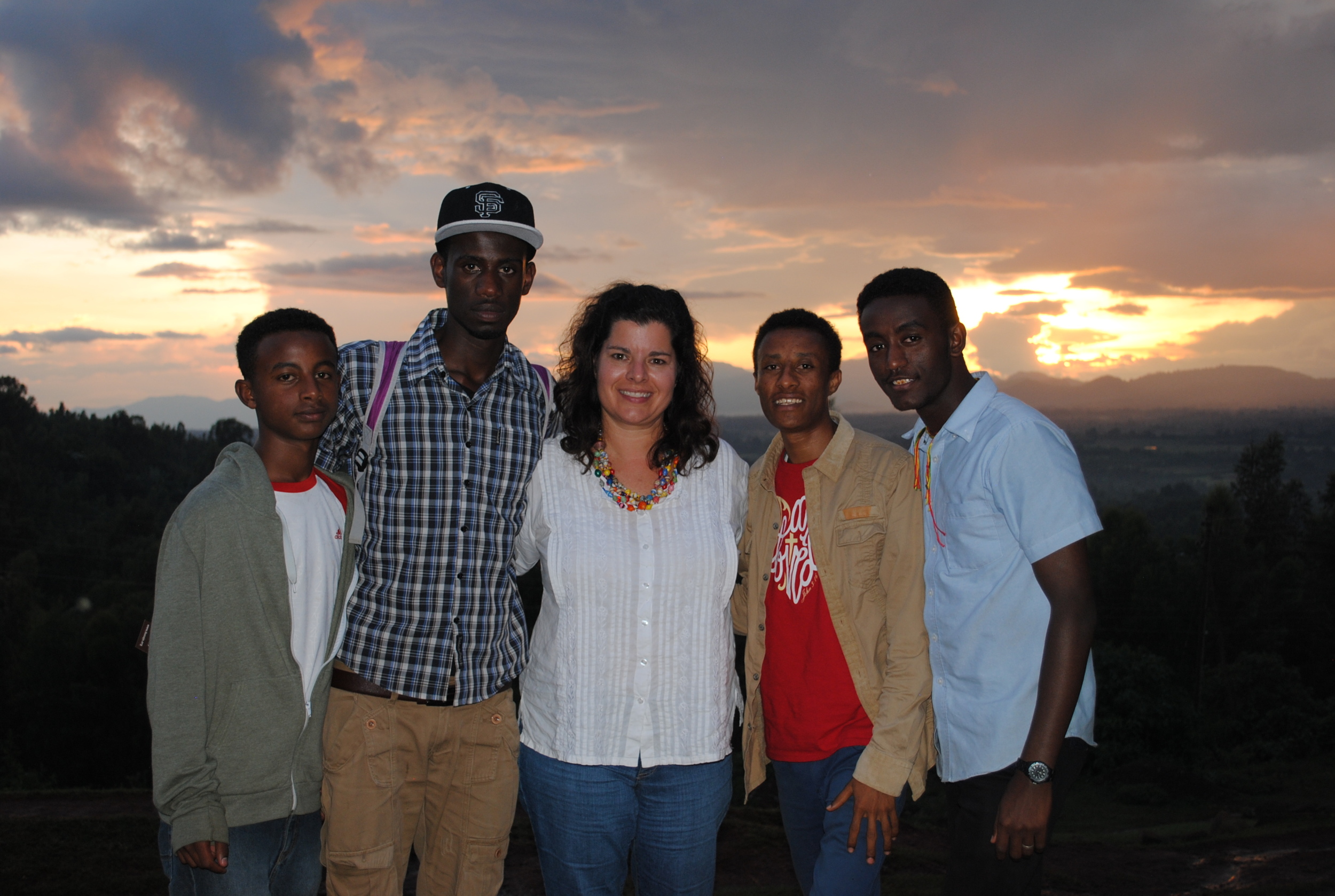

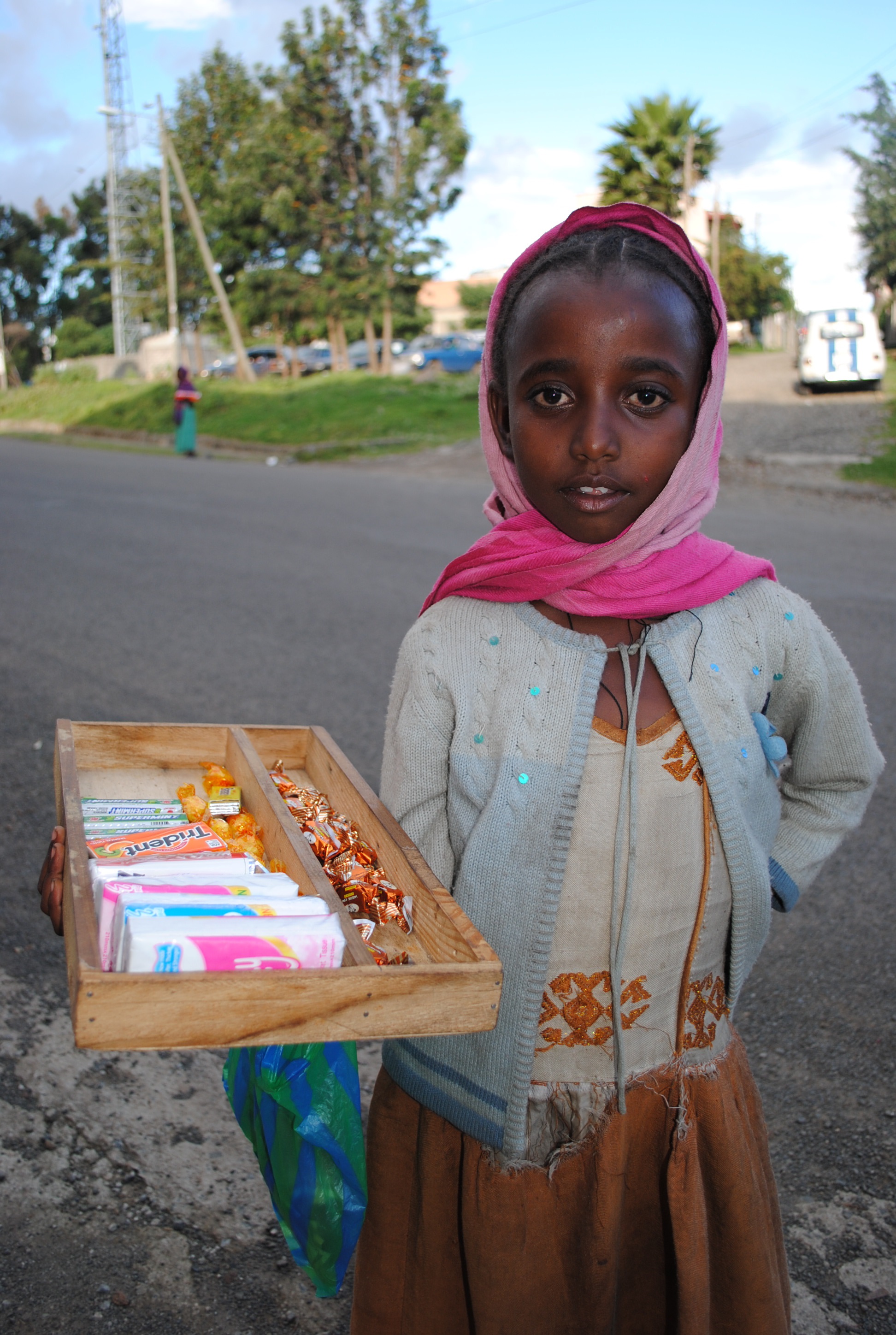

![ladies beading from side view[1]](http://static1.squarespace.com/static/5762b590e4fcb59bdd83f5a8/578eddd15149bf5948afb7cd/578eddd45149bf5948afb833/1468980692836/ladies-beading-from-side-view1.jpg?format=original)
